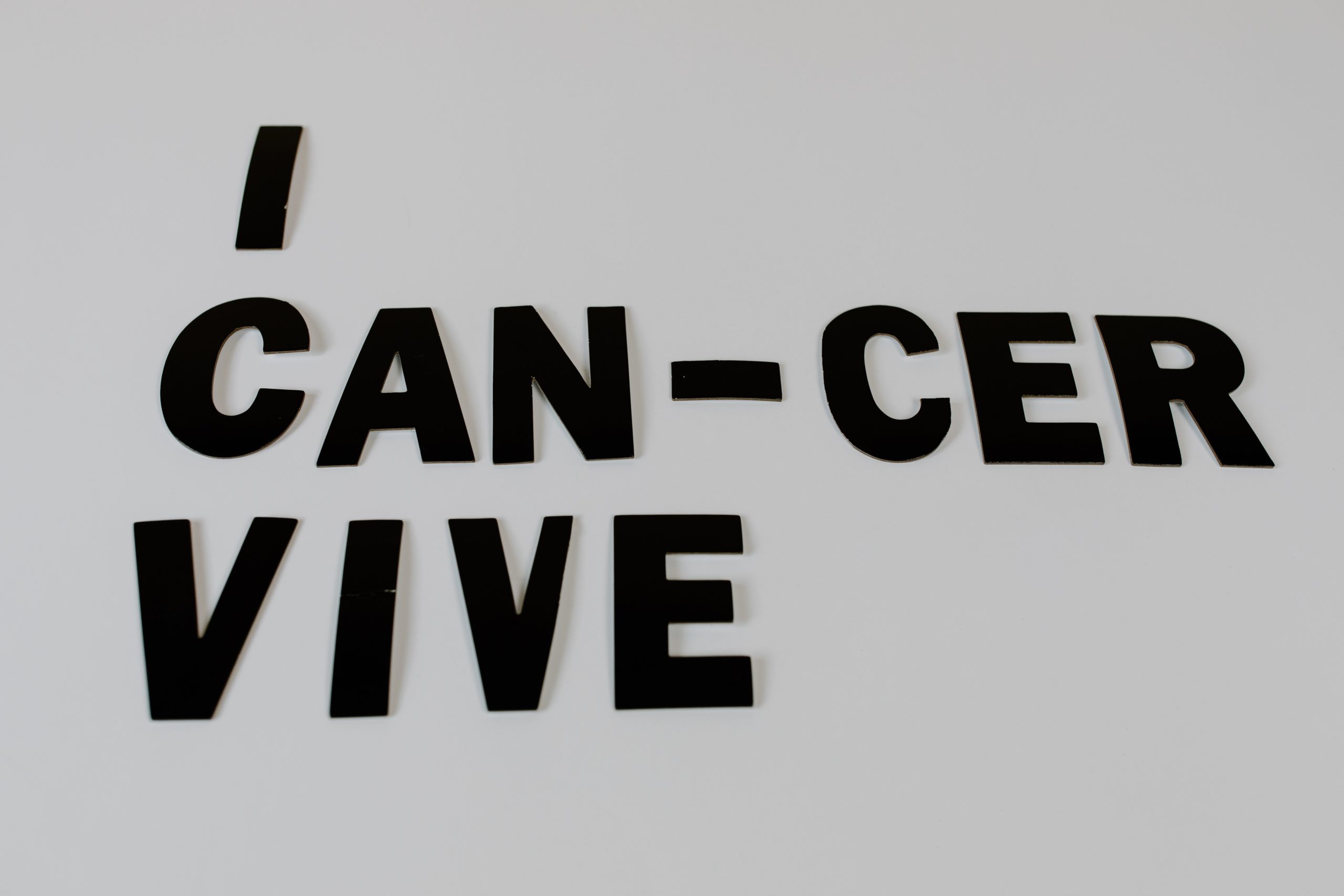Diagnostic Tools to Help You Fight Cancer
If your doctor suspects that you or someone you love might have cancer, they will begin to order a variety of diagnostic tests. Successfully treating cancer relies on making an accurate diagnosis and this is best achieved through diagnostic screening, blood work, and biopsies.
Cancer is a complicated disease, and there are many types of cancer. This makes it difficult to diagnose and treat effectively. However, there are diagnostic tools available that can help doctors better understand what is going on in a patient’s body and make more informed decisions about treatment.
Diagnostic Tools That Diagnose Cancers

One important tool for diagnosing cancer is imaging tests. These tests can provide detailed pictures of the inside of the body, which can help doctors to identify tumors or other abnormal growths. Imaging tests can also be used to track how a tumor is growing or changing over time.
Another important tool for diagnosing cancer is biopsies. A biopsy involves taking a small sample of tissue from the body to be examined under a microscope. This can help doctors to confirm the presence of cancer and to determine what type of cancer it is.
There are also a number of blood tests that can be used to diagnose cancer. These tests can look for certain substances that are produced by cancer cells, or they can check for genetic changes that are associated with specific types of cancer.
In addition to diagnostic tools, there are also a number of treatment options available for cancer. The type of treatment that is best for a particular patient will depend on the type of cancer they have, as well as the stage of the disease. Treatment options include surgery, radiation therapy, chemotherapy, and targeted therapies.
Imaging Tests That Diagnose Cancers
Imaging tests are some of the most effective tools medical teams use to diagnose cancers in the body. Through scans and X-rays, doctors can pinpoint masses, tumors, and abnormalities with ease. They can gain easier access to sample tissues through biopsies, allowing them to properly stage and grade the cancer.
Some of the tools used to diagnose cancer includes:
- X-rays. A digital X-ray uses electromagnetic energy to produce images of tissues and bones in the body. This can better help doctors identify bone cancers and lung cancers.
- Ultrasounds. By using high-frequency sound waves, doctors can view images of organs and tissues in an entirely different way. Ultrasounds are best for diagnosing tumors in the urinary system, as well as the ovaries and uterus.
- MRI (Magnetic Resonance Imaging). When doctors need an even high-resolution image, they often turn to MRIs. These tests show highly detailed pictures of organs and can often detect cancer in its earlier stages.
- Digital Mammography. Breast cancer can be detected through regular mammograms. When a mammogram finds an abnormality, doctors can then perform a biopsy.
- PET/CT Scans. A PET/CT scan provides doctors with an incredibly accurate 3-D image of the tissue or organs in question. These scans are highly beneficial when both diagnosing and staging cancers throughout the body.
Accurate diagnostic testing can not only confirm the presence of cancer, but it can also help your doctor develop an appropriate treatment plan. In addition, throughout the treatment plan, your oncologist and medical team will use diagnostic tools to monitor the progression of the disease and determine the effectiveness of the treatment being used.
The use of diagnostic tools and treatments has helped to improve the prognosis for many types of cancer. With early detection and treatment, many people with cancer are now living longer, healthier lives.
Schedule Your Radiology Screening Today
If your doctor orders an imaging test to help you diagnose, treat, or evaluate your cancer, we can help. Our imaging centers offer a variety of diagnostic imaging services including MRIs, CT scans, and ultrasounds. In many cases, you’ll find that we are even cheaper than having radiology services done at your local hospital. Please let us know what tests you need, and we can help you! Give us a call today at 973-871-3333 to schedule an appointment, or complete our convenient online appointment request form.